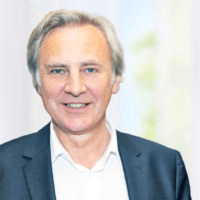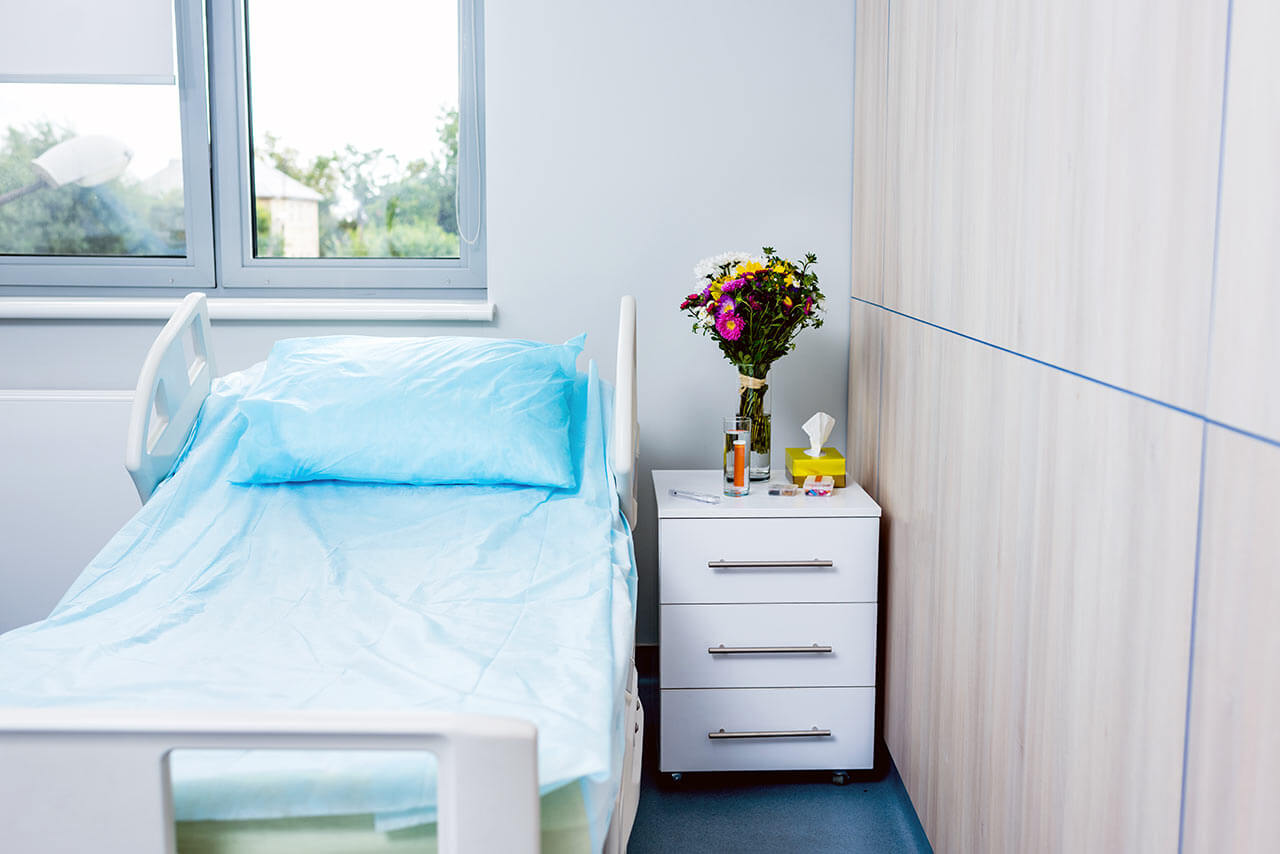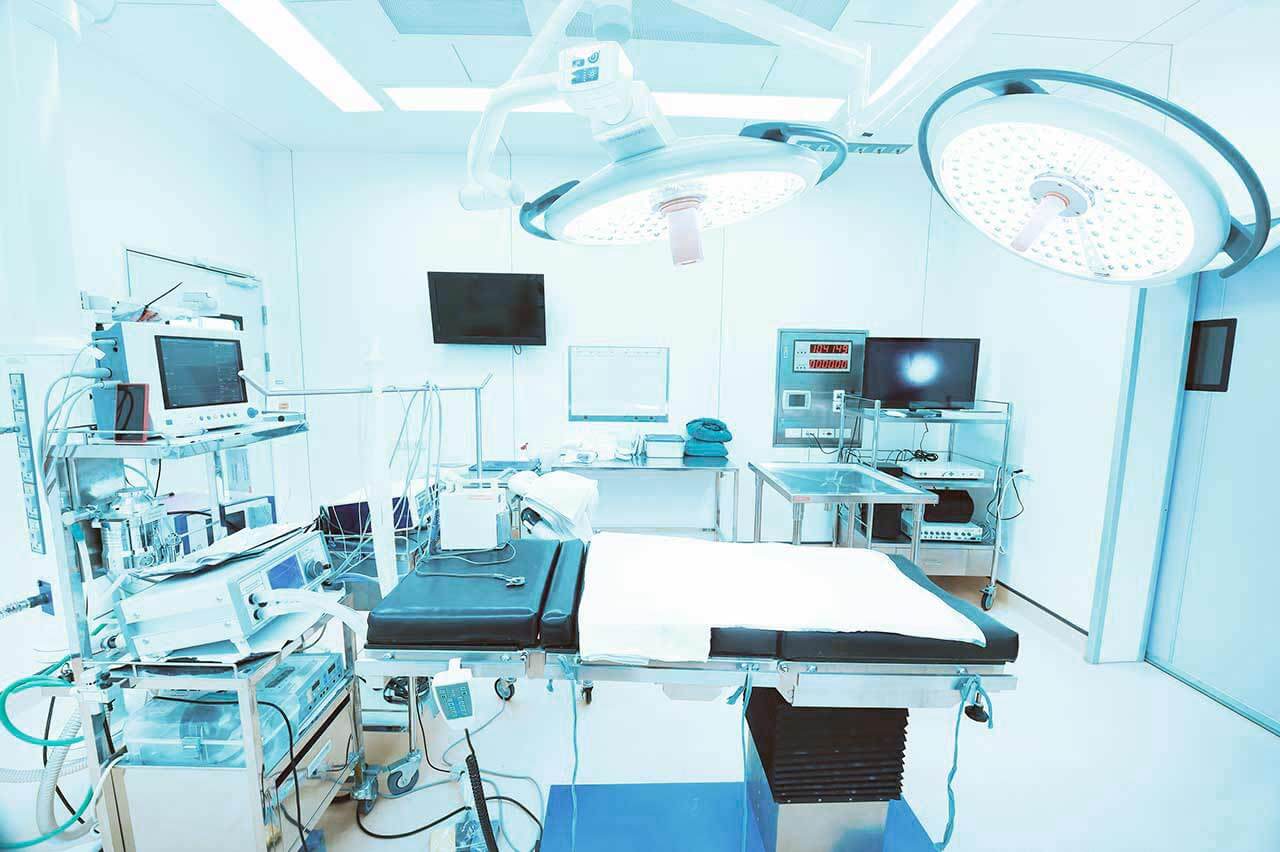
The program includes:
- Initial presentation in the clinic
- clinical history taking
- physical examination
- laboratory tests:
- complete blood count
- biochemical analysis of blood
- Lipid metabolism (HDL/LDL, cholesterol,
triglycerides Lip(a), homocysteine) - blood coagulation analysis (aPTT, PT, INR)
- inflammation indicators (CRP, ESR)
- metabolic status (uric acid, total glucose, HbA1c)
- cardiovascular disease risk markers
- kidney function test (creatinine, urea)
- TSH
- doppler/ duplex receptacles of lower extremities
- angio-MRI from aorta and of lower extremities
- duplex peripheral arteries
- preoperative care
- thromboendarterectomy (surgical excision of the thrombus,
followed of artery plastic) - blood transfusions (if needed)
- symptomatic treatment
- control examinations
- the cost of essential medicines and materials
- nursing services
- full hospital accommodation
- developing of further guidance
Required documents
- Medical records
- Doppler ultrasound/duplex scanning (if available)
- Angiogram (if available)
Service
You may also book:
 BookingHealth Price from:
BookingHealth Price from:
About the department
The Department of Phlebology and Vascular Surgery at the Eilenriede Clinic Hannover offers conservative and interventional treatment of the full range of diseases of the veins, arteries and lymphatic vessels. The key focus in the medical facility is on the treatment of varicose veins. The department's specialists are also competent in the treatment of obliterating endarteritis, lymphedema, leg ulcers, carotid stenosis, occlusive peripheral arterial disease and other vascular pathologies. The department's doctors give preference to conservative treatments for vascular diseases, while surgical interventions are the last-line therapy. Many diagnostic and therapeutic procedures are performed on an outpatient basis, so the need for patient hospitalization is quite rare. The department has been conducting its successful clinical activities for over 25 years, which confirms the high quality of the medical services provided. The department is headed by Dr. med. Michael J. Hutter.
The department's key area of specialization is the treatment of varicose veins – pathological expansion of the superficial veins of the lower limbs, accompanied by impaired blood flow. The disease manifests itself not only by external changes, but also by such symptoms as pain, burning, sensation of "buzzing" and stiffness of the legs, night cramps, etc. The department's specialists recommend patients not to delay their visit to the clinic, since at the advanced stages of varicose veins, the only effective treatment is surgical intervention, while at the early stages, compression therapy, sclerotherapy, local treatment with ointments and gels are sufficient. Without a satisfactory result from conservative treatment, a decision is made to carry out an interventional procedure: stripping, laser surgery, intervention using VenaSeal Sapheon bioglue. Surgical interventions for varicose veins are performed under general or local anesthesia – the optimal type of anesthesia is determined by a competent anesthesiologist. When performing surgical treatment, the department's specialists also pay attention to achieving a good aesthetic result.
The department also provides treatment for obliterating endarteritis. Pathology most often affects the arteries and capillaries of the lower extremities. To confirm the diagnosis, the department's specialists use such diagnostic tests as Doppler ultrasound, duplex scanning, oscillography, capillaroscopy, etc. In most cases, the treatment is based on the intake of medications (analgesics, anticoagulants, antiallergic and hormonal drugs, vitamin complexes) and physiotherapeutic procedures (electrophoresis, magnetotherapy, thermal procedures, hydrotherapy). A prerequisite for the therapeutic process is the cessation of smoking, alcohol intake and hypothermia – otherwise the drugs will not give the desired effect. Surgical treatment of obliterating endarteritis is indicated in the absence of positive dynamics from pharmacotherapy, as well as at the advanced stages of pathology.
The department's service range is complemented by the diagnostics and treatment of lymphedema. Pathology develops due to an impairment of the lymph outflow, as a result of which it accumulates in the intercellular space and an increase in the volume of the extremities occurs. To cure the disease, the department's doctors use conservative treatments and perform surgical interventions. The first option is more effective at stages 1 and 2, and includes the use of such techniques as compression therapy, infusion therapy, and manual lymphatic drainage. The treatment of the advanced stages of lymphedema is carried out with the help of surgical intervention: removal of excessive adipose tissue, imposition of lymphovenous anastomoses, creation of bypasses for lymph drainage.
The department's range of medical services includes:
- Diagnostics and treatment of varicose veins
- Conservative therapy
- Compression therapy
- Sclerotherapy
- Local treatment with ointments and gels
- Surgical treatment
- Stripping
- Laser surgery
- Surgery using VenaSeal Sapheon bioglue
- Conservative therapy
- Diagnostics and treatment of obliterating endarteritis
- Conservative therapy
- Drug therapy
- Physiotherapy
- Surgical treatment
- Conservative therapy
- Diagnostics and treatment of lymphedema
- Conservative therapy
- Compression therapy
- Manual lymphatic drainage
- Infusion therapy
- Surgical treatment
- Removal of excess subcutaneous tissue
- Imposition of lymphovenous anastomoses
- Creation of bypasses for lymph drainage
- Conservative therapy
- Diagnostics and treatment of chronic leg ulcers
- Conservative therapy
- Skin flap surgery
- Diagnostics and treatment of arterial diseases
- Carotid artery stenosis
- Aneurysms
- Occlusive peripheral arterial disease
- Diagnostics and treatment of other vascular diseases
Photo of the doctor: (c) Eilenriede Klinik
About hospital
The Eilenriede Clinic Hannover positions itself as one of the best medical complexes in Germany, where patients are provided with highly effective treatment in accordance with European medical standards. The main clinical focuses of the medical facility include general surgery, hand surgery, neurosurgery, plastic and aesthetic surgery, gynecology, urology, orthopedics, internal medicine and phlebology. The clinic has state-of-the-art medical equipment that allows for high-precision diagnostics and quality treatment of a wide range of diseases, including especially complex ones. A distinctive feature of the medical facility is a cozy and welcoming environment, which contributes to the restoration of physical health and mental balance of patients.
The clinic offers its patients a competent team of highly qualified doctors, who take pride in their thorough clinical training, long experience and exceptional professional skills. The specialists use only modern and effective methods of evidence-based medicine in their work. The doctors adhere to the principle of personalized medical care, and therefore they devote enough time to counselling patients and carefully plan a treatment regimen according to the patient's particular needs and wishes. Combined with the use of advanced therapeutic techniques, such an approach gives excellent results.
Not only German citizens, but also many foreign patients from different countries of the world, including the USA, Great Britain, the United Arab Emirates and the CIS countries, entrust their health to the doctors of the clinic. The clinic is proud of its reputation in the German medical arena and does everything possible to restore the health of patients and provide them with a decent quality of life.
Photo: (с) depositphotos
Accommodation in hospital
Patients rooms
The patients of the Eilenriede Clinic Hannover live in comfortable single and double rooms with a modern design. Each patient room has an ensuite bathroom with shower and toilet. Standard room furnishings include an automatically adjustable bed, bedside table, wardrobe, table and chairs for receiving visitors, telephone and TV. The patient can connect his gadgets to Wi-Fi, if desired.
The hospital also offers patients enhanced-comfort rooms. These rooms also have an ensuite bathroom, but instead of a shower, patients can relax in a warm bath. The rooms have upholstered furniture, a safe and a mini fridge.
Meals and Menus
The patient and the accompanying person are provided with three delicious meals a day. Breakfast and dinner are served buffet style, and a choice of three set menus is available for lunch. All meals are cooked with fresh ingredients and seasonal vegetables, following healthy food standards.
If you are on a specific diet for any reason, you will be offered an individual menu. Please inform the medical staff of your dietary preferences prior to the treatment.
Further details
Standard rooms include:
Religion
The services of representatives of religions are available upon request.
Accompanying person
During an inpatient program, an accompanying person can stay with you in the patient room or in a hotel of your choice.
Hotel
During an outpatient program, you can stay in a hotel of your choice. The managers will help you choose the most suitable options.




